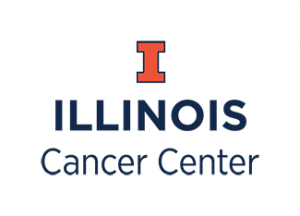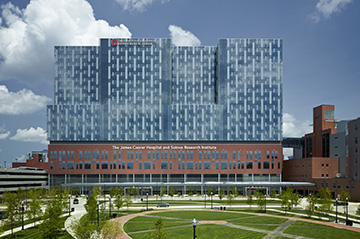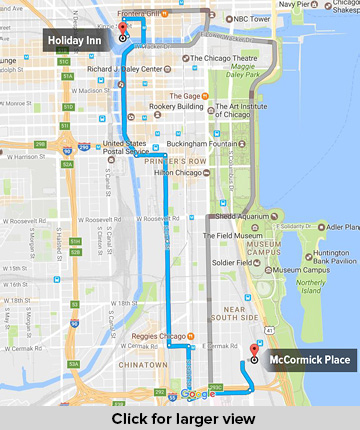July 10, 2019:
Nasser Hanna, MD, a thoracic oncology specialist at the Indiana University Melvin and Bren Simon Cancer Center, has been appointed to the Big Ten Cancer Research Consortium (Big Ten CRC) Steering Committee.
As the representative for Indiana University, Dr. Hanna will work with the Steering Committee to shape research priorities for the Big Ten CRC.
“I’m honored and excited and looking forward to getting started,” Dr. Hanna said. “I’ve enjoyed my work with the Big Ten CRC and our member institutions. I’d like to continue to build on the efforts to reduce timelines for opening studies, increase accruals, increase engagement, and enhance opportunities for mentorship of junior faculty.”
Dr. Hanna previously served as chairman of Hoosier Cancer Research Network (HCRN), the administrative headquarters of the Big Ten CRC. He has been a member of the Big Ten CRC since it was founded in 2013. He is a member of the HCRN and Big Ten CRC Thoracic Clinical Trial Working Groups. Read More


 In this month’s Across the Consortium, the Big Ten Cancer Research Consortium (Big Ten CRC) focuses on immunotherapy treatments which are quickly growing to be successful treatments for cancer. There is also growing research on specific cancers and how they affect different populations based on several demographics.
In this month’s Across the Consortium, the Big Ten Cancer Research Consortium (Big Ten CRC) focuses on immunotherapy treatments which are quickly growing to be successful treatments for cancer. There is also growing research on specific cancers and how they affect different populations based on several demographics.

 BTCRC-LUN16-081, a phase II study of consolidation immunotherapy with nivolumab and ipilimumab or nivolumab alone following concurrent chemoradiotherapy for unresectable stage IIIA/IIIB non-small cell lung cancer (NSCLC), will be featured during a poster session on Sunday, June 2. The study is led by Greg Durm, MD, of the Indiana University Melvin and Bren Simon Cancer Center.
BTCRC-LUN16-081, a phase II study of consolidation immunotherapy with nivolumab and ipilimumab or nivolumab alone following concurrent chemoradiotherapy for unresectable stage IIIA/IIIB non-small cell lung cancer (NSCLC), will be featured during a poster session on Sunday, June 2. The study is led by Greg Durm, MD, of the Indiana University Melvin and Bren Simon Cancer Center.  The Ohio State University Comprehensive Cancer Center – Arthur G. James Cancer Hospital and Richard J. Solove Research Institute (
The Ohio State University Comprehensive Cancer Center – Arthur G. James Cancer Hospital and Richard J. Solove Research Institute ( In this month’s Across the Consortium, the Big Ten Cancer Research Consortium (Big Ten CRC) highlights new treatments, early cancer detection methods, and research that is revealing more about the science of cancer and how it spreads. We also welcome two new members to the Big Ten CRC: The Ohio State University Comprehensive Cancer Center – James Cancer Hospital and Solove Research Institute, and the Cancer Center at Illinois (University of Illinois at Urbana-Champaign). We look forward to their contributions to the Big Ten CRC!
In this month’s Across the Consortium, the Big Ten Cancer Research Consortium (Big Ten CRC) highlights new treatments, early cancer detection methods, and research that is revealing more about the science of cancer and how it spreads. We also welcome two new members to the Big Ten CRC: The Ohio State University Comprehensive Cancer Center – James Cancer Hospital and Solove Research Institute, and the Cancer Center at Illinois (University of Illinois at Urbana-Champaign). We look forward to their contributions to the Big Ten CRC!















Subscribe to the Big Ten CRC Newsletter X
X Facebook
Facebook YouTube
YouTube